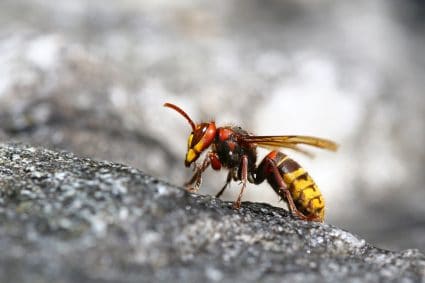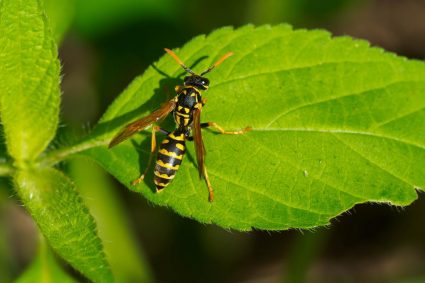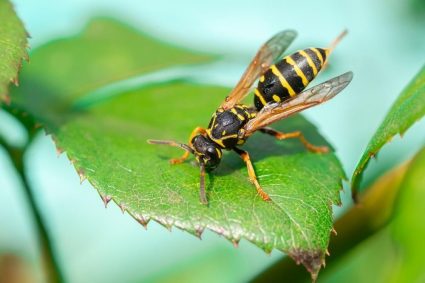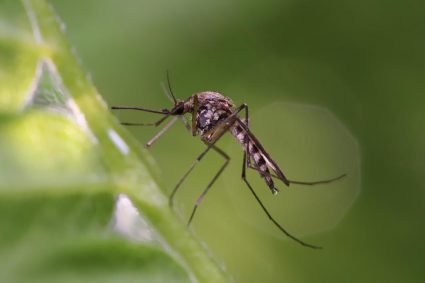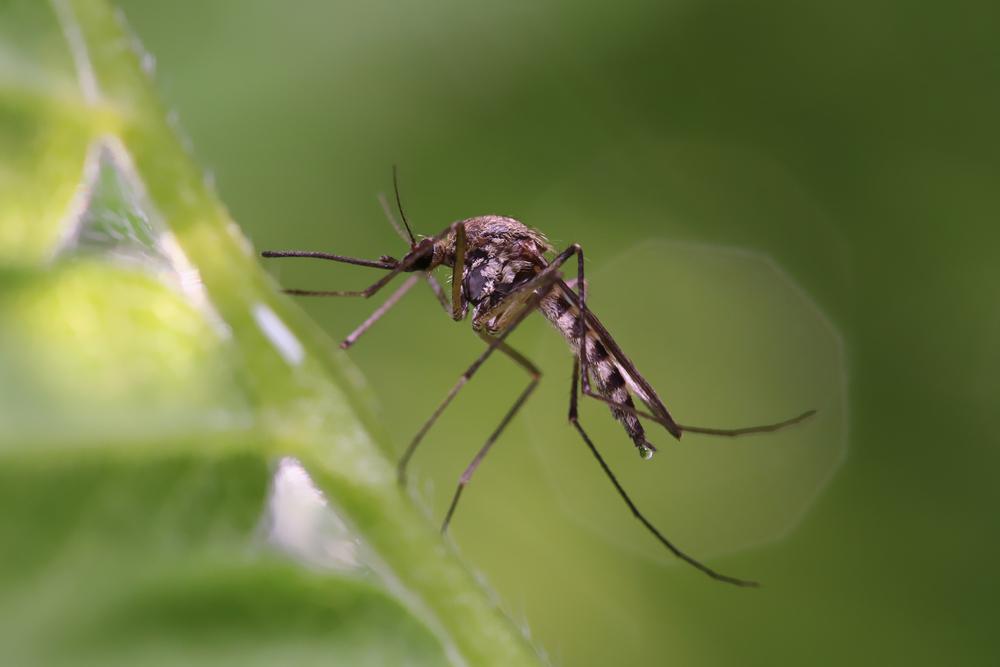
Mosquito repellent is a substance applied to skin, clothing, or other surfaces to discourage mosquitoes from landing or crawling on that surface. The primary purpose of mosquito repellents is to reduce the chances of being bitten by mosquitoes, which are notorious for spreading viruses that cause serious diseases such as West Nile virus (WNV) and eastern equine encephalitis (EEE). By using mosquito repellents, you can significantly lower the risk of contracting these diseases.
Mosquito repellent is a substance that is applied to skin, clothing, or other surfaces to discourage mosquitoes from landing or crawling on that surface. It works by masking or altering the chemical cues that attract mosquitoes to humans, making it difficult for them to detect and bite their targets. The primary purpose of mosquito repellents is to reduce the chances of being bitten by mosquitoes, which can spread diseases such as West Nile virus and eastern equine encephalitis.
How Does Mosquito Repellent Work?
Mosquito repellents work by masking or altering the chemical cues that attract mosquitoes to humans. This makes it difficult for these blood-sucking insects to detect and bite their targets. DEET (N,N-diethyl-meta-toluamide) is the most effective and widely used active ingredient in mosquito repellents. It is believed to work by activating an innate olfactory neural circuit in mosquitoes, leading to avoidance of hosts. Other effective active ingredients in mosquito repellents include picaridin, IR3535, and oil of lemon eucalyptus (OLE). These ingredients have been approved by the U.S. Centers for Disease Control and Prevention (CDC) and the U.S. Environmental Protection Agency (EPA) for their safety and effectiveness in repelling mosquitoes.
Different Types of Mosquito Repellents
There are several types of mosquito repellents available in the market. Some of the common types include:
- Sprays: These are the most common type of mosquito repellents and are applied directly to the skin or clothing. They usually contain active ingredients like DEET, picaridin, or oil of lemon eucalyptus.
- Vaporizers: These devices release a vapor containing mosquito repellent chemicals, such as allethrin or prallethrin, into the air to keep mosquitoes away.
- Creams and oils: These are applied directly to the skin and usually contain plant-based extracts like citronella, eucalyptus, or other essential oils.
- Coils and mats: These products are burned or heated to release mosquito-repelling chemicals into the air. Coils are made of a pyrethroid insecticide, while mats are impregnated with chemicals like allethrin or prallethrin.
- Candles and incense sticks: These products release mosquito-repelling chemicals when burned. They often contain citronella oil or other plant-based extracts.
Safety of Mosquito Repellents
Mosquito repellents are generally safe for human use, including for children and pregnant women, when used according to the product label directions. The US Environmental Protection Agency (EPA) has approved several active ingredients in insect repellents as safe and effective, including DEET, picaridin, oil of lemon eucalyptus (OLE), IR3535, and 2-undecanone.
Natural Alternatives to Chemical-Based Mosquito Repellents
While DEET and other chemical-based mosquito repellents are effective, there are also natural alternatives available. Some plant-derived products, such as oil of lemon eucalyptus and IR3535, are available for use as mosquito repellents. However, most natural repellents generally do not provide the same level or duration of protection as products containing DEET or permethrin.
Precautions When Using Mosquito Repellents
When using mosquito repellents, it is essential to take certain precautions to ensure safe and effective use. Always read the product label and follow the directions for proper use. Apply repellents only to exposed skin and/or clothing, not under clothing. Do not apply near eyes, mouth, or around ears. Avoid using repellents over cuts, wounds, or irritated skin.
By understanding what mosquito repellent is, how it works, and how to use it safely, you can protect yourself and your family from the nuisance and potential health risks of mosquito bites. Choose a product that suits your needs and preferences, and remember to follow the product instructions for the best results.
Frequently Asked Questions
Can I use mosquito repellents on my pets?
No, most mosquito repellents are not safe for use on pets. You should consult with a veterinarian for appropriate products to protect your pets from mosquitoes.
How often should I reapply mosquito repellent?
The frequency of reapplication depends on the specific product and its active ingredient. Typically, products with DEET need to be reapplied every 4-6 hours, while those with picaridin or oil of lemon eucalyptus may require reapplication every 6-8 hours.
Can I use mosquito repellent indoors?
Yes, mosquito repellents can be used indoors. However, ensure the room is well-ventilated and avoid breathing in the repellent. Always follow the product’s instructions.
Does mosquito repellent expire?
Yes, most mosquito repellents do have an expiration date. After this date, the product might not be as effective. Always check the product’s packaging for the expiration date.
Can mosquito repellents cause skin reactions?
Yes, some people may have skin reactions to certain ingredients in mosquito repellents. If you notice any skin irritation, discontinue use and consult a healthcare provider.





